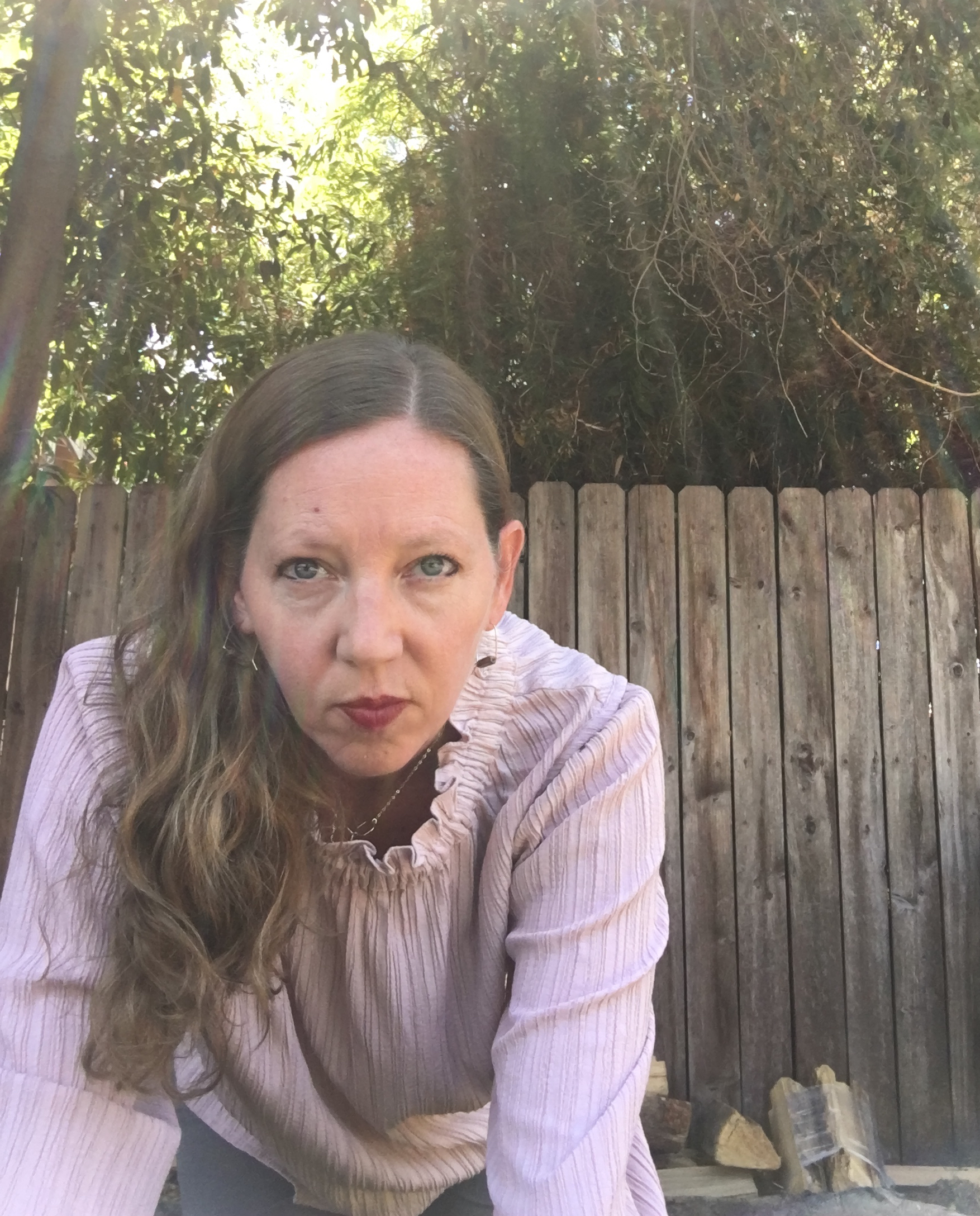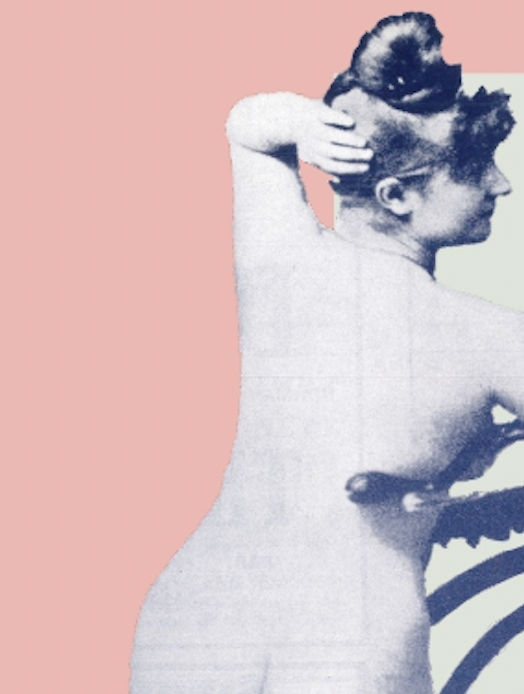
My best friend doesn’t know why she’s a sub

We are the first generation to have had access to truly ubiquitous porn in our formative years. Statistically, it is highly likely that most males in our generation had their first sexual experience in front of a screen, and it is highly likely that most females had their first sexual experience with a boy whose first experience was in front of a screen.
Does porn simply depict the subordination of women? Does it, in fact, reinforce, or even introduce subordination? What about certain fetishizations, preferences and desires?
Statistics from PornHub show that “ebony” and “Asian” were amongst the top 10 searched for terms on the site. Pornography thus introduces fetishization to those–especially younger viewers–who have not encountered it. In her essay on pornography in the Right to Sex, Amia Srinivasan describes the ways in which porn effectively limits the sexual imagination, transforming it into a “mimesis machine, incapable of generating its own novelty”. At the level at which porn viewership is pervasive in our generation, it is practically impossible not to encounter, either first or second hand, the stereotypes that pornography propagates. Navigating the spaces of the club, the bedroom, the school, the first date, is underlined by the knowledge that there is a collective conditioning by an unregulated form of media.
It is possible, then, that the sexualization and fetishization of certain tropes; the shy, feminine, domicile, submissive woman; the aggressive, dominant, penis-forward man; are a product of pornography. Porn might hold a mirror up to society, or more plausibly, construct a fun house that leads us to believe this is what sex, what attractive people look like. Given this, when do we start questioning our desires?
Is it weird if a guy says he has a thing for Asian girls? Is it weird for a girl to say she won’t date under 6 feet? Is it weird to have types that overlap neatly with race? Do we, or more importantly, should we, question the hierarchy of sexual attractiveness when thinking about our own choices?
A friend once mentioned to me the concept of the “White Girl On Top” (of the sexual pyramid). The idea is that it is an established understanding amongst multiracial social interactions that everyone finds skinny, white women the most attractive. That straight (and possibly queer) women of colour want to be them, and straight men of all shades want to fuck them. Ultimately, they’re on top of the fuckability pyramid.
I was horrified. Naïve in my experience, fresh out of a country that is effectively racially homogenous, I thought, “Surely not? People see people as people, and I don’t have to think about whether a white guy would fuck a brown girl?”.
In one memorable instance, a friend suggested to me: “Do you think he likes her more because she’s you, but white? I mean, she has the dark curly hair, and is talkative and funny and confident and intelligent. It would make sense.”
Have you ever wondered whether your boyfriend would like you more if you were white? Think you were hotter, more familiar, more appealing, more of an achievement? Have you ever wondered how he thinks about attraction towards white women?
“I mean, but Scandinavian people just are hotter. Countries of hot people.” “You know, you’ve got it out of your system. You know not to date white guys now. Brown girls usually have to do it once to learn.” “His type is brown girls.” “I have a thing for Asian girls.” “I just like tall women, and they’re more likely to be white.” “I find like, really masculine guys attractive.” “I almost always think about whether the person would be okay with dating a Black Guy.” “Sometimes I worry about dating white guys, because what if he finds my being East Asian hot?”
It is clear that stereotypes of what is attractive percolate into our actual desires. If you reinforce sporty, athletic, tall men as the standard, it will train us to find them attractive. If you reinforce a certain beauty standard, adherence to that will result, and society will inevitably punish those who do not conform.
Desire is like nothing else. It is both learnt and innate, both incredibly political and fundamentally private. Nobody has the right to someone’s desire. It doesn’t seem fair that we punish men who do not perform a certain kind of masculinity as less sexually desirable. Is it a political statement or an organic preference to say, “There is just something about brown women I find more attractive”? Is it okay to like stereotypically feminine women who have high cheekbones and delicate features and blue eyes? Am I reinforcing the beauty standard? Do I have an obligation to diversify, in the same way that a corporation’s DEI (Diversity, Equality, and Inclusion) policy might require?
A common response is: I’m allowed to just have preferences. In a very Rawlsian-liberal-liberty-Mill sense, preferences and individual choice rule supreme. We have no right to discipline desire by the demands of justice. Robert Hanson suggests that, in brief, if we advocate and are morally comfortable, and enthusiastic for, an equitable distribution of income as being ‘just’, we should be able to apply a symmetric logic to the distribution of sex. To supporters of the why-can’t-I-have-preferences view, Robin Hanson-style redistribution of sex is anathema.
In this utopia/dystopia (depending on your particular flavour of liberalism or collectivization, of course), everyone would be entitled to receiving a particular amount of sex. We’d level the playing field and mitigate the problems of loneliness and deprivation so that plague those who do not gain access to sex, for whatever myriad reasons . Sounds awful, right? In the face of this suggestion, assertion of individual preferences looks very desirable. It is intuitively questionable to suggest that we should date less masculine, less confident boys because they “deserve a chance”, or that we should artificially racially diversify our sexual palettes. Perhaps we should accept individual choice as gospel, and leave desire to the ‘private’ realm, ungovernable, unquestionable and unprincipled.
When is being sexually or romantically marginalized a facet of oppression, and when is it just a matter of bad luck, one of life’s small tragedies? Are the un-beautiful an oppressed class? The short? The chronically shy? – Amia Srinivasan, The Right to Sex (2021)
The conceptual conception of desire is suspect, and along with it, what might be a ‘good reason’ for desiring someone. If not her body, then what about her mind? The beauty of her soul? The conceptual ambiguity also extends to what might constitute bad reasons. Is it fetishization to find someone’s accent charming? To like listening to them talk in their home tongue, to want to learn about their culture? Is it gender performance to want to cheer at your boyfriend’s sports match? Is it toxic masculinity to want your girlfriend there to cheer?
If I’m okay with it, it’s okay. If I’m okay with it, it’s okay. If I’m okay with it, it’s okay. Why am I okay with it?
Is sex only ever either consensual (unproblematic) and non-consensual (problematic)?
Is the solution to all this to ask people to question their desires? To ask them to look inward, to understand where what they feel comes from, to truly question it and engage with it.
My best friend says: I think I kinda just am a sub.
I say: Doesn’t that ever bother you, like, as a feminist? Where do you think it comes from, if not from gender roles?
She says: Does liking something make me a ‘bad’ feminist, imply that my self-perception is as being lesser due to my gender, and that is the causal factor in this? Surely not. Does finding the heteronormativity and hierarchy that has been fed to me attractive, whether gender or race, fault me? Every time I choose not to rebel against the system, am I personally morally responsible? Yes, I think it’s important to not view myself as just ‘feminine’ or a person of a different race as just that; of course. Yes, people should reflect on this if they haven’t. But if we deconstruct everything, where does that leave us? If we’re asking, which desire is okay, we’re at a questionable place ourselves.
What she actually says: idk man, leave me alone. it is what it is.∎
Words by Treya Agarwal. Image courtesy of Treya Agarwal.







